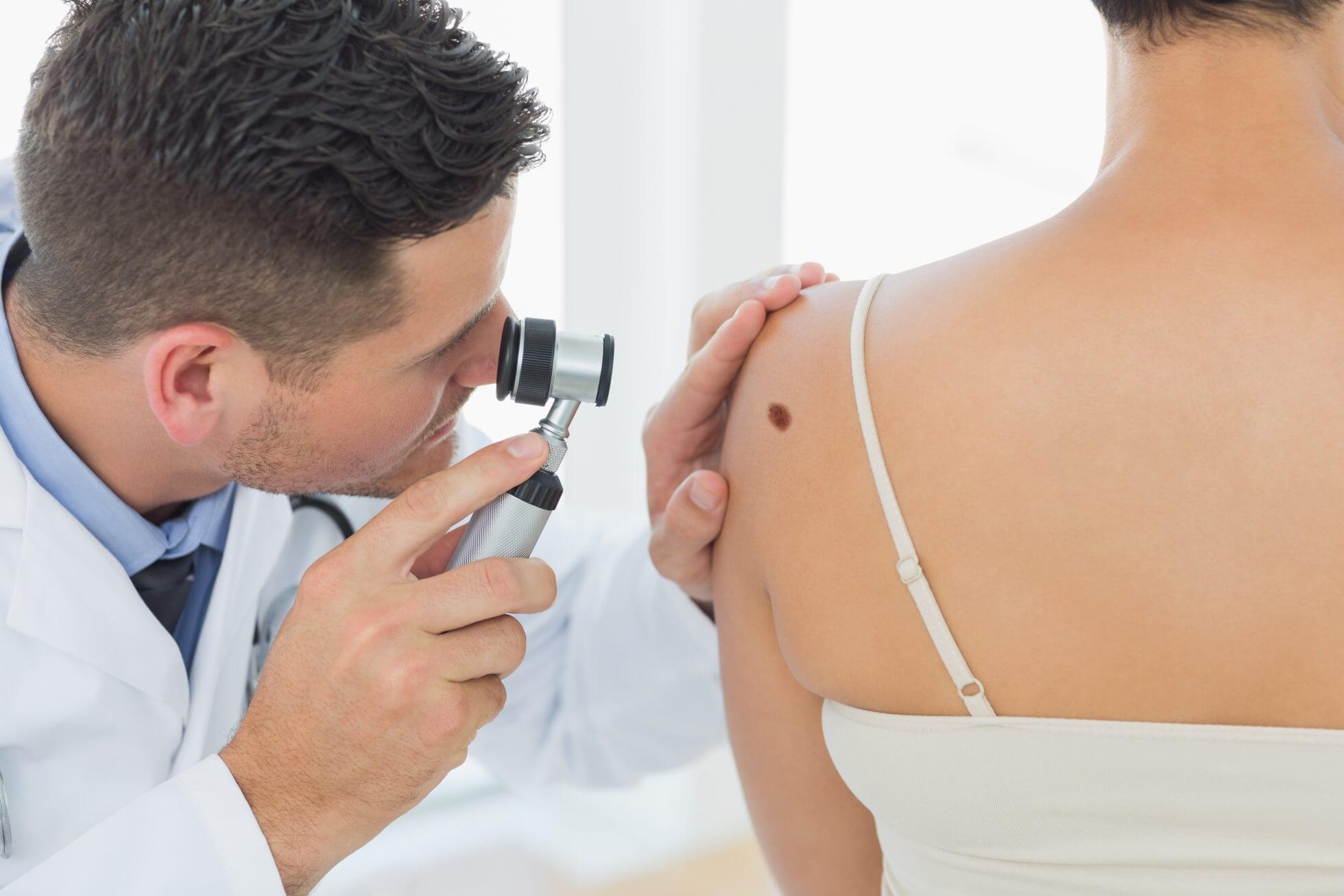The sunny climate of the UAE presents unique challenges when it comes to skin health, including an increased risk of skin cancer due to prolonged sun exposure. Skin cancer is one of the most common types of cancer worldwide, but with early detection through regular screening, it can often be successfully treated. In this article, we will discuss the importance of skin cancer screening in the UAE climate and provide recommendations for individuals seeking to protect their skin and prevent skin cancer.
Understanding the Risk Factors:
The UAE’s sunny climate and high levels of ultraviolet (UV) radiation increase the risk of developing skin cancer. Factors such as spending time outdoors, lack of sun protection, and fair skin are associated with a higher risk of skin cancer. It’s essential for individuals living in the UAE to be aware of these risk factors and take proactive steps to protect their skin from sun damage.
Importance of Skin Cancer Screening:
Regular skin cancer screening is crucial for early detection and treatment of skin cancer. Dermatologists recommend annual skin checks for individuals at higher risk, including those with a history of sunburns, family history of skin cancer, or a large number of moles or unusual moles. Early detection through screening can significantly improve the prognosis and outcomes of skin cancer treatment.
Self-Examination Techniques:
In addition to professional skin checks, individuals can perform regular self-examinations to monitor their skin for any changes or abnormalities. Dermatologists recommend using the ABCDE rule to identify suspicious moles or lesions: Asymmetry, Border irregularity, Color variation, Diameter larger than a pencil eraser, and Evolution or changes over time. Any new or changing moles should be evaluated promptly by a dermatologist.
Sun Protection Strategies:
Prevention is key when it comes to skin cancer in the UAE climate. Dermatologists advise practicing sun-safe behaviors such as seeking shade during peak sun hours, wearing protective clothing, including wide-brimmed hats and sunglasses, and applying broad-spectrum sunscreen with SPF 30 or higher regularly. Additionally, avoiding indoor tanning beds and sunburns is crucial for reducing the risk of skin cancer.
Seeking Professional Care:
Individuals concerned about their skin health or at higher risk of skin cancer should schedule regular skin checks with a dermatologist. Dermatologists are trained to identify early signs of skin cancer and provide appropriate recommendations for prevention, screening, and treatment. Health Point Dubai offers comprehensive skin cancer screening services, including mole mapping and digital dermoscopy, to help individuals protect their skin and detect skin cancer early.
Skin cancer screening is essential for individuals living in the sunny climate of the UAE to protect their skin and prevent skin cancer. By understanding the risk factors, practicing sun protection strategies, performing regular self-examinations, and seeking professional care from dermatologists like those at Health Point Dubai, individuals can take proactive steps to maintain their skin health and reduce the risk of skin cancer. With early detection and timely intervention, skin cancer can be effectively treated, highlighting the importance of regular skin cancer screening in the UAE climate.

